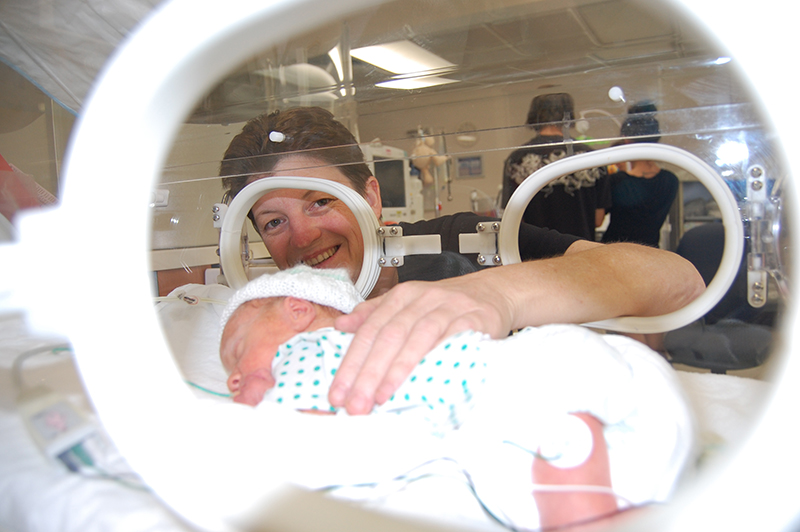Search
Research
AutismCharacterised by varying degrees of difficulties in communication skills and social abilities, one in every 100 individuals will have a diagnosis of an autism spectrum condition. While autism is known to run in families, the exact causes remain unknown.

News & Events
Safe use of mobile phones with T1DThe advancement of technology to assist the daily routine of diabetes is extremely helpful. However, it is important to create clear boundaries in the use of technology. Our social work team have some great tips to set up healthy routines.
News & Events
Dolly’s Dream and The Kids Research Institute Australia launch new partnership with free cyber safety app, BeaconAnti-bullying organisation Dolly’s Dream has partnered with The Kids Research Institute Australia to get Beacon, the free cyber safety app, into the hands of parents and carers across the nation.

News & Events
Leading researchers to explore online abuse in regionsResearchers at The Kids Research Institute Australia are working with boys and young men in regional areas to help stamp out technology-based abuse of girls and young women.

News & Events
National network to significantly improve health outcomes for Indigenous AustraliansA new national network will be established to advance the benefits from Genomic Medicine for Aboriginal and Torres Strait Islander people living in Australia.

News & Events
Healthway supports innovative mental health, physical activity research at The KidsThe Kids Research Institute Australia and The University of Western Australia researchers have been awarded more than $1 million in funding from Healthway, for projects to improve the mental health of LGBTQA+ young people, encourage early physical activity in childcare centres and create healthier local environme

News & Events
Silver lining to early arrivalsCIRCA DIEM is using an inexpensive set of eye masks and ear plugs to teach babies born too soon how to tell the difference between night and day – a simple skill which could have lifelong implications for their health and development.

The Chronobiology team works to understand the factors that contribute to poor lung and heart function in newborn infants and find ways to prevent heart and lung disease.

News & Events
Launching TRACE T1DWe are excited to launch this first-of-its-kind Australian study, monitoring glucose levels in Australian children and adolescents who have tested positive to having one or more type 1 diabetes related antibodies but do not yet need treatment with insulin.

News & Events
National Carers WeekWe recently celebrated National Carers Week! A time to recognise and raise awareness for the more than 3 million Australians who provide care to a family member or a friend.
